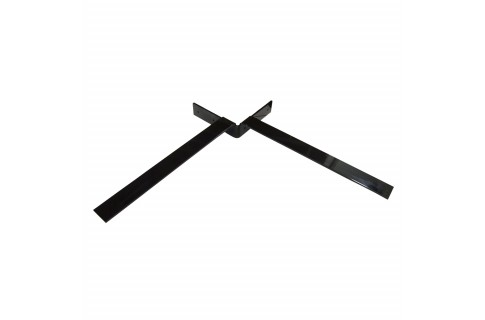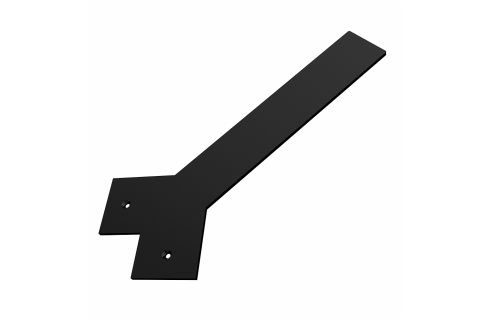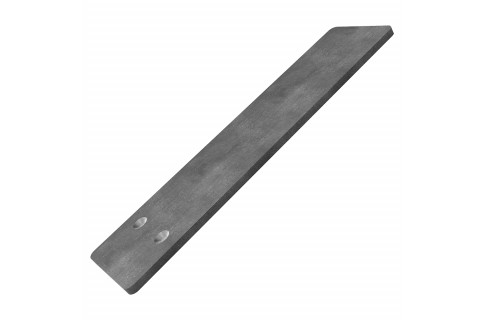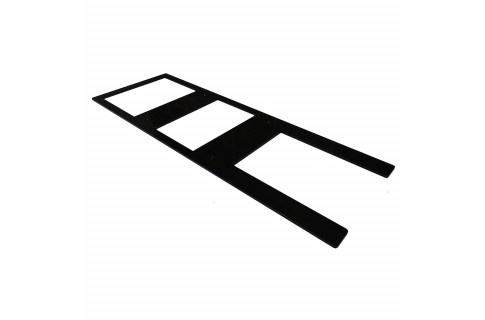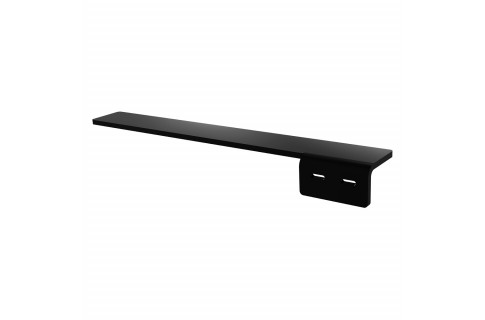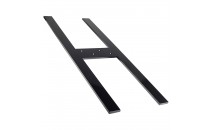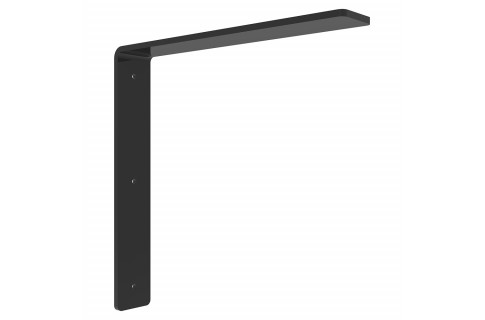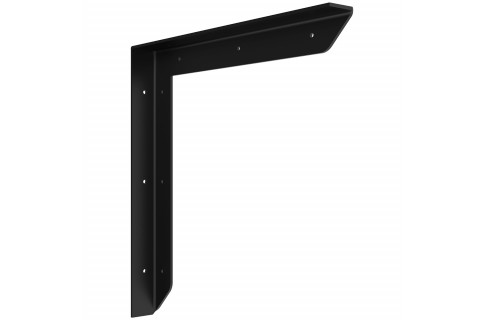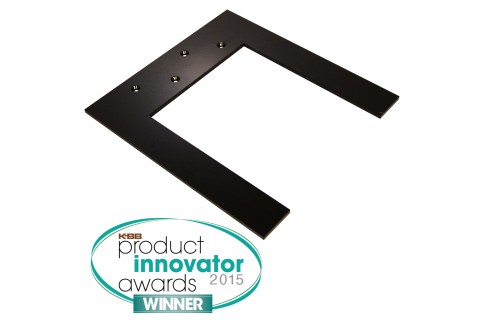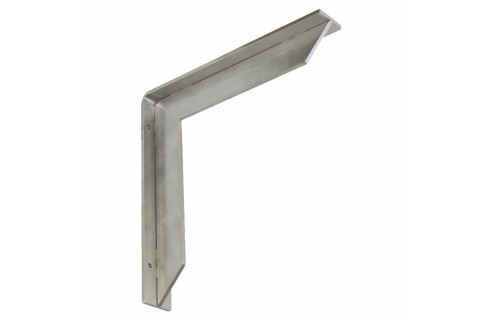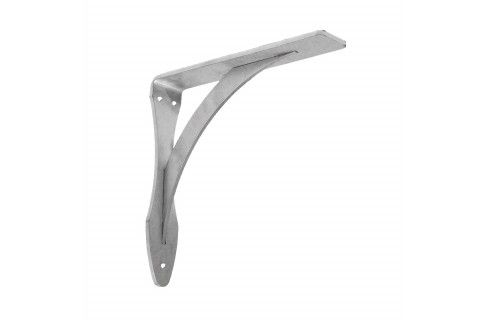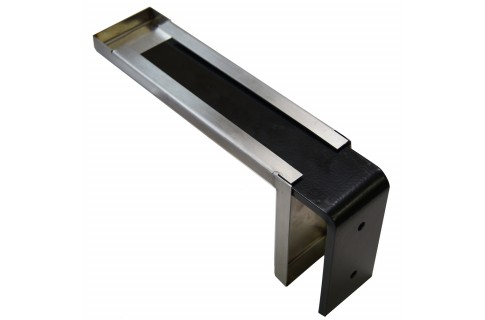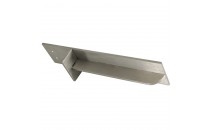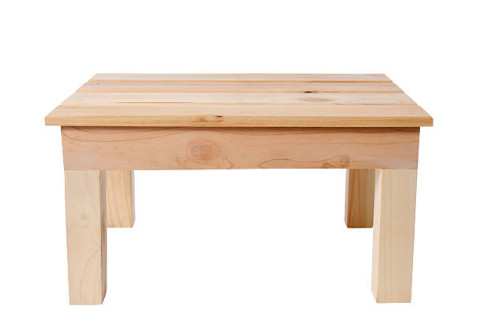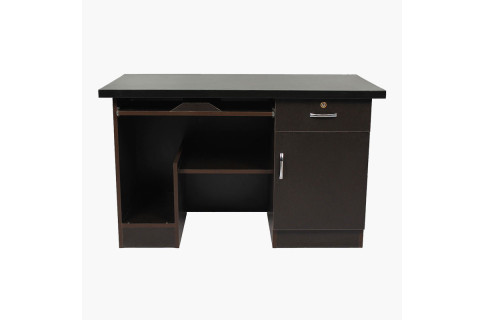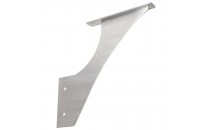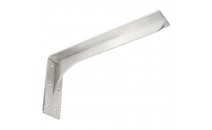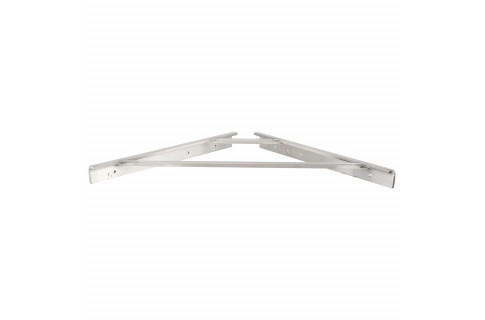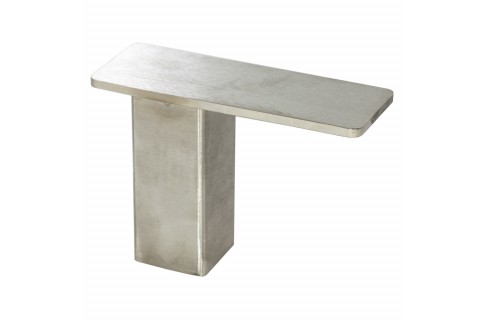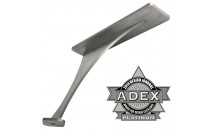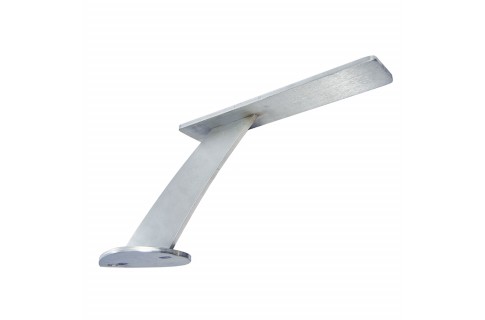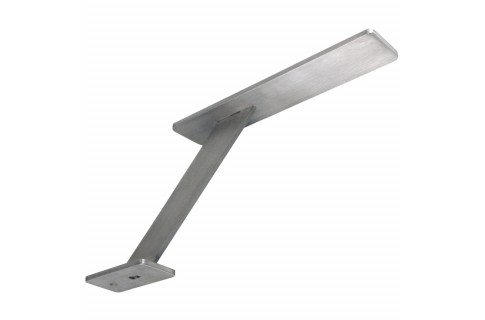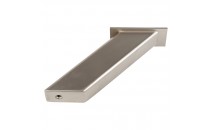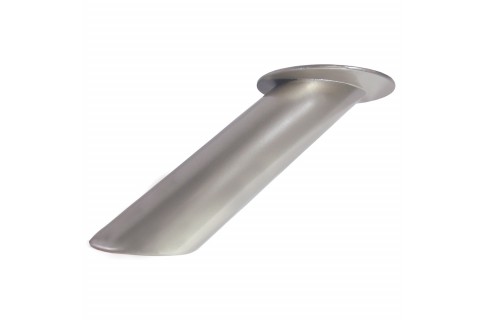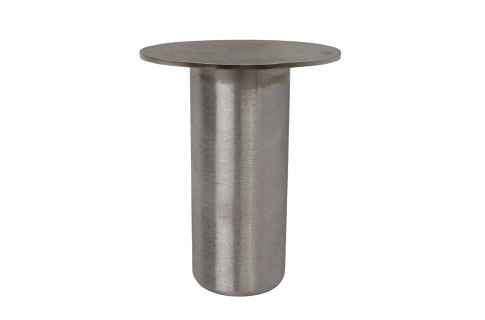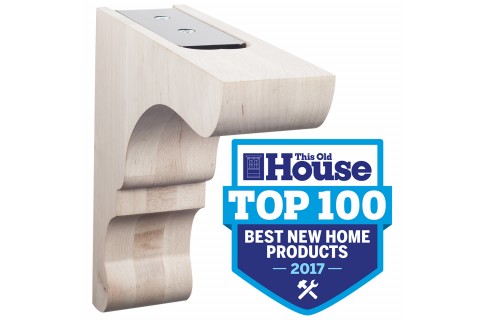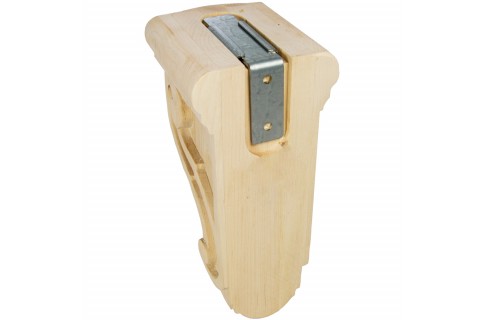Corbels: Metal or Wood
Let’s talk about corbels. The first use of corbels was for structural support, but throughout the ages they have also become a decorative and, now, transitional element of household design. Whether for something as hefty and complex as buttressing the cornerstone of a cathedral or as a slight design element beneath a slim countertop, wooden and stone corbels have been an essential element for years. From the stone modillions of ancient Greece to the modern, scrolling, wooden slabs that inherit some aspects of the classical style, corbels haven’t changed all that much and design experts and trendsetters, frankly, have had enough. Ornate and high-volume has gone out of style, with more modern silhouettes, textures, and colors taking hold. Rather than the chunky wooden consoles that used to hold up a 6” overhang, interior designers are opting for more counter space, further extensions, and sleek, slim metal, often stainless steel.
So when should you choose to use wood versus metal corbels? Does it matter which one you use as far as weight capacity, mobility and ease of installation? We’ve gathered professional advice from some knowledgeable designers and contractors, and we’re here to share it.
First, let’s break down the differences. Inviting Home, a source for a variety of decorative home accents, phrases it perfectly: “The key difference between corbels and brackets is their width; corbels are generally thicker than brackets. In fact, some corbels are as deep as they are wide, while brackets are often two, three or even four times as deep as wide.“ Additionally, wooden corbels are not as weight-bearing as metal corbels, which, if designed and manufactured properly, can have a carry capacity of up to 500 pounds. Wooden corbels alone are light duty, maintaining very little weight, and therefore are suggested to projects where almost all weight will be supported by the cabinet base. Metal corbels, on the other hand, can maintain significant overhangs, allowing for a larger countertop or serving space.
Now, if you have a lighter duty need, and you don’t know whether to go with metal or wood, it really comes down to preference and looks. Osborne Wood, a leader in manufacturing wooden corbels, is an advocate of wooden corbels. “Decorative wood corbels offer a tremendous versatility in design, with myriad possibilities for both the style of the carving and the subject itself.” With the malleability of wood, any design is possible - from gracefully curved scrolls to carvings of trees, flowers, and even animals. However, the design professionals at Urban Ironcraft are in favor of wrought iron or metal corbels. “Not only is iron stronger than wood, but it allows for patterns that are hardly practical with wood designs. [Metals] also compliment wood; it provides a beautiful contrast to an otherwise plain setting.”
Fortunately, Federal Brace’s corbel systems provide an alternative to the question of weight versus beauty. By routing corbels with an adjustable system, we allow homeowners not only the ease of a simpler installation, but also a variety of carry capacity - from light-duty to 375 pounds per support. The Corbel Converter and Mount System give complete control over the look of your corbels at any given time by making it an adjustable decor piece, while the Mad Mount allows for virtually a ten-second installation.We think it’s the installation that will revolutionize the corbel, but don’t take it from us - take it from the multitude of people who have installed our systems and loved them and the slew of designers who have called it just what they needed for their project.









